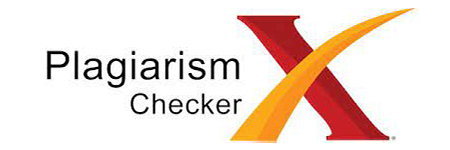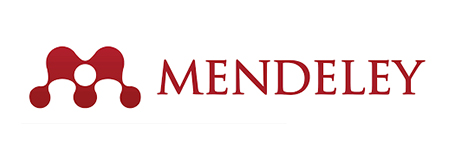Analysis of Learning Experience in Tourism Destinations on Improving Students' History Knowledge
DOI:
https://doi.org/10.71094/esensi.v1i2.125Keywords:
Hands-on learning experiences, Historical knowledge enhancement, Contextual learningAbstract
This study analyzes the impact of the direct learning experience in tourism destinations on the improvement of students' historical knowledge. History learning in the classroom is often considered monotonous, limiting contextual understanding and information retention. Tourism destinations, such as historical sites, museums, or cultural relics, offer authentic environments rich in historical information and the potential for multisensory experiences. Through a quantitative approach, the study involved students from several high schools participating in educational tourism programs to specific historic sites. Data was collected through pre-tests and post-tests to measure improvements in historical knowledge, as well as questionnaires to evaluate students' perceptions of their learning experiences. Preliminary results showed that students who participated in educational tours experienced significant improvements in their historical knowledge compared to the control group. In addition, hands-on experience in historic locations has been shown to increase learning interest, facilitate a deeper understanding of concepts, and strengthen long-term memory. The implications of this study highlight the importance of integrating learning activities outside the classroom, particularly through educational tourism, as an effective strategy to enrich the history curriculum and create a more meaningful and memorable learning experience for students. This study recommends the further development of similar programs to support holistic and contextual history education.
References
Creswell, J. W. (2014). Research design: Qualitative, quantitative, and mixed methods approaches (4th ed.). Sage Publications. [DOI: 10.4135/9781452226090]
Dewey, J. (1938). Experience and education. Necklace Books
Doering, Z. D. (2010). Visitor studies. In J. H. Falk, L. D. Dierking, & C. D. Foutz (Eds.), The museum experience revisited (pp. 37-56). Left Coast Press
Falk, J. H., & Dierking, L. D. (2013). The museum experience revisited. Left Coast Press
Gardner, H. (1983). Frames of mind: The theory of multiple intelligences. Basic Books
Hein, G. E. (1998). Learning in the museum. Routledge. Hooper-Greenhill, E. (2000). Museums and the interpretation of visual culture. Routledge
Hooper-Greenhill, E. (2000). Museums and the interpretation of visual culture. Routledge
Knowles, M. S. (1975). Self-directed learning: A guide for learners and teachers. Follett Publishing Company
Kolb, D. A. (1984). Experiential learning: Experience as the source of learning and development. Prentice-Hall
Larson, L. C., & Miller, T. (2011). 21st century skills: Preparing students for the future. Kappa Delta Pi Record, 47(3), 110-112. [DOI: 10.1080/00228958.2011.10519965]
National Council for the Social Studies. (2013). The college, career, and civic life (C3) framework for social studies state standards: Guidance for enhancing the rigor of K-12 civics, economics, geography, and history. NCSS
Piaget, J. (1970). Genetic epistemology. Columbia University Press
Ryan, C., & Gu, H. (2010). Tourism as a creative industry: Development and dynamics. Routledge.
Seixas, P., & Morton, T. (2013). The big six historical thinking concepts. Nelson Education
Smith, M. K. (2009). Issues in cultural tourism studies. Routledge
Vygotsky, L. S. (1978). Mind in society: The development of higher psychological processes. Harvard University Press
Wineburg, S. S. (2001). Historical thinking and other unnatural acts: Charting the future of teaching the past. Temple University Press
Downloads
Published
Issue
Section
License
Copyright (c) 2025 Muhammad Taufik, Anisa, Geral Jayanto, Aisyah Ramdani (Author)

This work is licensed under a Creative Commons Attribution-ShareAlike 4.0 International License.










